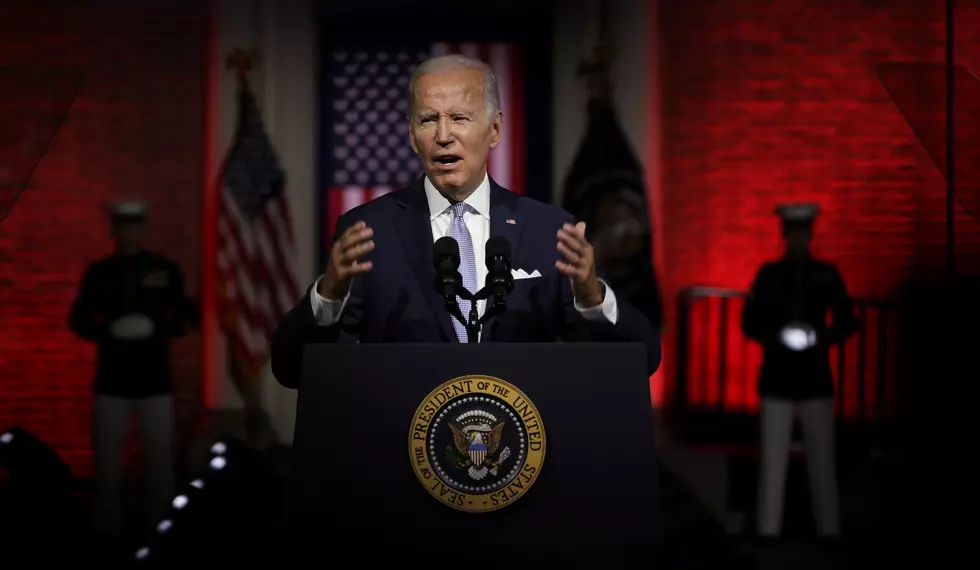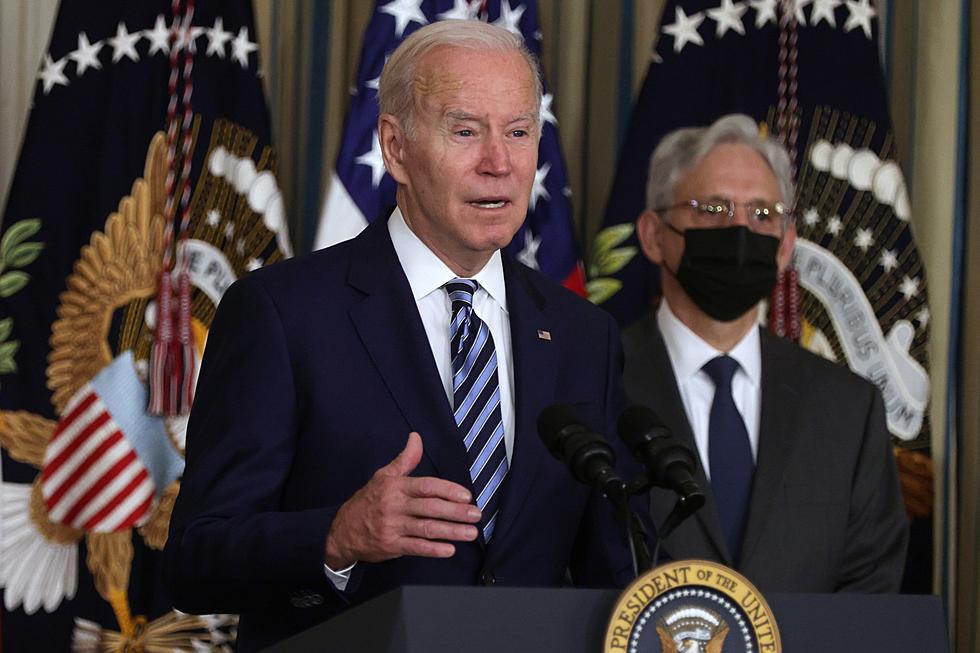![FCC in the Newsroom – University of Montana Professor Calls Prospect ‘Chilling’ [AUDIO]](http://townsquare.media/site/119/files/2014/02/UM-TV-Newsroom-2.jpg?w=980&q=75)
FCC in the Newsroom – University of Montana Professor Calls Prospect ‘Chilling’ [AUDIO]
The Wall Street Journal recently published an editorial by Federal Communications Commissioner Ajit Pai regarding an FCC plan to survey television and radio editors on which news stories to cover.
Interim Chair of the Radio Television Department at the University of Montana Ray Fanning said on Thursday, February 20, that the FCC would definitely be overstepping its authority to even suggest to news entities which stories to cover.
"If they were really to follow through with this, it would be like the government attempting to manage the watchdog of government," Fanning said. "The whole idea of the press and the first amendment was that the press would act as the watchdog of government, to make sure the government is serving the public interest. When you turn that around and have the folks that are supposed to be watched by the press deciding what the press should and shouldn't cover, that's a little uncomfortable."
Fanning says the news industry has gone through a paradigm shift over the last several years, since it became a profit center for major media corporations.
"That began with '60 Minutes', when it suddenly became the number one show in the country starting in the late 60's and early 70's," Fanning said. "Now, television and radio stations have to keep their doors open and they have to make money. Now, they have to walk that tightrope between serving the public good and giving the public what it wants every day. It's become a business model for organizations like Fox News and MSNBC. Each is catering to a specific viewpoint to bring that interest group under their tent."
Fanning said he believes the marketplace must decide what news is gathered and disseminated.
"Let the market decide," Fanning said. "If Fox is successful in its approach to news then the market has decided that that news is acceptable. I just think it's chilling that a government agency would come into a newsroom and tell them they're not covering a story enough."
Fanning said the government is already under tight scrutiny over spying by the NSA and other issues, so news organizations continue to be wary.
"I don't know how much the FCC is operating on its own, or whether the larger government would see this as a good thing or not," Fanning said. "I think there would be a pretty heavy opposition."
Interim Chair of the Radio Television Department at the University of Montana Ray Fanning
More From KMMS-KPRK 1450 AM
![[PHOTOS] Excited Bobcat Fans Welcome College Gameday to Bozeman](http://townsquare.media/site/15/files/2022/11/attachment-Gameday-Bus.jpg?w=980&q=75)






![[WATCH] Livingston Resident Confronts Fox News’ Tucker Carlson](http://townsquare.media/site/12/files/2021/07/attachment-Tucker-Calson-Gets-Confronted-by-Livingston-Fly-Shop-Owner.jpg?w=980&q=75)

